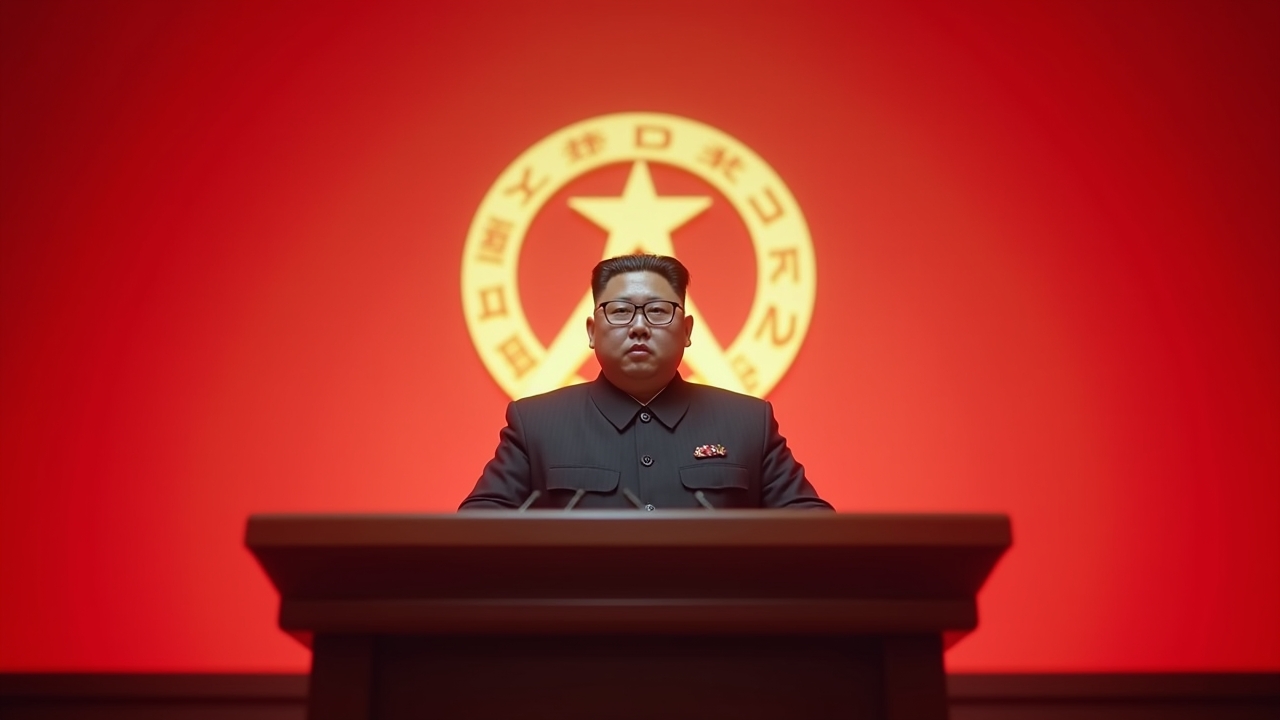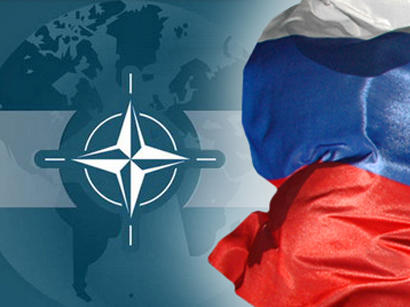
The Irony of Resilience: Corruption’s Grip on the Filipino Soul
The spirit of the Filipino people, marked by their enduring patience, resourcefulness, and unwavering optimism, is a national characteristic that commands respect and admiration worldwide. It is this profound resilience that makes the country’s ubiquitous and systemic corruption all the more obscene, a moral catastrophe that strikes at the very heart of the nation. As high-profile investigations continue into the billions, perhaps even trillions, looted by Filipino politicians and their cronies over decades, the stark, brutal contrast between the obscene wealth of the powerful and the grinding poverty of the masses becomes almost unbearable. The question echoes with a tragic resonance: How can a nation so inherently rich in human spirit and potential be so ruthlessly exploited by the very officials sworn to serve it?
For decades, corruption has been the country’s quiet epidemic. It is a malignancy that is not merely occasional but pervasive, systemic, and deeply entrenched in nearly every level of government, from local barangay councils to national agencies. The cycle of scandals surfaces with predictable, depressing regularity: ghost projects that exist only on paper, padded contracts for substandard infrastructure, unexplained wealth flaunted on social media, and lavish lifestyles funded by public money. This stolen wealth was originally earmarked for essential public goods: the building of hospitals, the furnishing of classrooms, and the construction of vital farm-to-market roads that could lift rural communities out of isolation. Each revelation sparks a moment of brief, fierce public outrage, a flurry of screaming headlines, and then a slow, familiar fading into collective exhaustion and resignation.
The financial figures attached to this corruption are staggering, though they only tell part of the story. Billions of pesos vanish annually through procurement anomalies, infrastructure kickbacks, and the cynical misuse of disaster and calamity funds. This hemorrhage of public resources directly translates into human suffering. Across the archipelago, rural communities continue to live without the basic dignity of running water, adequate healthcare facilities, or reliable electricity. In the increasingly congested cities, paralyzing traffic chokes economic progress and steals countless hours from commuters; in the vast countryside, inter-generational poverty traps families in relentless cycles of debt and deprivation. Yet, for many high-ranking officials implicated in corruption, accountability remains stubbornly elusive. Judicial processes are intentionally stalled as trials drag on for years, crucial evidence mysteriously disappears or is suppressed, and powerful political dynasties deftly reinvent themselves through strategic name changes, alliances, and sophisticated public relations campaigns, ensuring their continuous hold on power.
And still, the people endure. They rise each morning to face the hardships created by a state that has failed them. Jeepney drivers continue their daily routes, struggling to turn a profit despite rising fuel costs and fierce competition; teachers make do with meager salaries and overcrowded classrooms; and farmers plant their crops in hope, praying that market prices won’t collapse before harvest. This deep, almost infinite patience is both admirable and tragic, a profound testament to the national capacity for resilience and a chilling reflection of how deeply injustice has been normalized within the social contract.
It is not raw apathy that sustains corruption, but a debilitating fatigue. Ordinary Filipinos have learned a hard lesson: they must survive despite the system, even as the very institutions meant to uplift and protect them have been slowly, deliberately hollowed out by greed. That quiet endurance, the same resilience that characterizes the poor and marginalized, stands in stark, unforgiving contrast to the rapacious greed and moral bankruptcy of those in power. And it is that unresolvable moral dissonance, more than any quantifiable loss, that continues to deeply wound and compromise the nation’s conscience, challenging its future with every stolen peso.
The Flood Control Crisis: A Monument to Corruption’s Devastation
The Philippines is currently reeling from a devastating flood control crisis, the most recent and arguably most cynical manifestation of the nation’s endemic corruption. Revelations have emerged that billions of pesos of public funds specifically designated to protect communities from natural disaster were systematically siphoned off through elaborate fraudulent schemes. The immediate, heartbreaking consequence is that communities remain dangerously vulnerable to devastating floods, their safety traded for illicit profit.
The financial scale of this particular scandal is difficult to reconcile and has become a point of contention among watchdog groups. The Department of Finance (DOF) has offered a conservative estimate, suggesting the Philippine economy lost up to ₱118.5 billion (approximately $2 billion USD) between 2023 and 2025 due solely to corruption within these flood-control projects. However, the environmental advocacy group Greenpeace has put forward a far more alarming figure, suggesting the real cost is closer to $18 billion. This higher estimate likely accounts not just for the diverted funds but also for the resulting economic damage, destroyed infrastructure, and loss of livelihood caused by the unmitigated flooding that the projects were meant to prevent.
The gravity of the crisis escalated with a direct, credible accusation that exposed the breadth of collusion between private contractors and public servants. Earlier this month, the owners of a construction firm bravely stepped forward, accusing nearly 30 House members (Congressmen) and several high-ranking officials from the Department of Public Works and Highways (DPWH) of routinely taking large cash payments called “kickbacks” in exchange for securing and manipulating project bids. This deeply troubling testimony underscores how deeply the rot permeates the system, involving legislators and the very agency tasked with implementing the nation’s infrastructure.
The scale and sheer moral repugnance of the scandal wherein funds meant to save lives are stolen has ignited widespread and fierce public outrage. This frustration culminated in a powerful display of civil action: on September 21, 2025, tens of thousands of Filipinos took to the streets in Manila and other major cities across the country.
These mass protests were not merely expressions of anger; they were a collective, urgent demand for accountability. Protesters unequivocally called for the immediate arrest and vigorous prosecution of every politician and official involved, regardless of their position or political ties. Crucially, they also demanded the full return of the stolen public funds, emphasizing that the money must be immediately redirected to the critical flood control projects and genuine disaster preparedness efforts it was originally intended for. The street demonstrations mark a clear refusal by the Filipino people to accept this latest, most dangerous episode of institutional greed.
The Corrosive Influence of Political Dynasties
Adding significantly to the complexity and persistence of corruption in the Philippines is the pervasive and deeply entrenched influence of political dynasties. These powerful familial networks are not just a quirk of the political landscape; they are a fundamental structural barrier to good governance and accountability.
A seminal study conducted by the Ateneo de Manila University provided empirical proof of this correlation, highlighting a stark reality: provinces and localities that are dominated by political dynasties consistently experience demonstrably higher corruption levels and possess more fragile governance structures. These families, who often treat public office as a hereditary right, systematically control local economies, leverage state resources for personal gain, and effectively capture key political institutions, including local councils, courts, and even police forces. This comprehensive control makes it incredibly difficult, if not impossible, to implement meaningful reforms, enforce regulations impartially, or hold officials accountable without facing systemic resistance.
The dominance of dynasties creates a closed-loop system of power and impunity. Since key political and bureaucratic positions are frequently held by relatives or long-time allies, checks and balances are severely weakened. Investigations into corruption are often stalled or buried, evidence disappears, and local prosecutors face immense pressure, resulting in the elusive accountability noted earlier. When a dynasty controls both the executive and legislative branches in a given area, the mechanisms designed to prevent graft simply fail to function, perpetuating a cycle of exploitation.
The persistence of political dynasties is therefore seen by many as the root cause that undercuts all other anti-corruption efforts. Critics and civil society groups argue that without directly addressing this structural issue, any campaign to combat corruption no matter how sincere or well-funded will ultimately remain ineffective. This has led to sustained and urgent calls for constitutional reforms specifically designed to limit the power of these familial monopolies. Such proposed reforms often center on enacting strict anti-dynasty laws, restricting the number of family members who can simultaneously hold office, and preventing the inter-generational transfer of political power, thereby opening the door to genuine political competition and, hopefully, cleaner governance.
A Nation’s Struggle for Justice: The Crossroads of Resilience and Reform
The enduring resilience of the Filipino people is more than a mere cultural trait; it is a profound testament to their strength, determination, and unyielding belief in a better future. Despite the systemic injustices and the suffocating challenges they face from natural disasters to institutionalized theft, they continue to rise up, channeling their fortitude into a sustained fight for justice and accountability.
The recent, massive street protests following the exposure of the flood control crisis which saw tens of thousands demanding arrests and the return of stolen funds are a powerful signal. They indicate that the traditional apathy fueled by fatigue is being eclipsed by a growing, urgent demand for fundamental change. The public’s willingness to mobilize is a clear, unequivocal refusal to accept the current status quo, demonstrating that while the people may endure hardship, they will not passively normalize deep-seated criminality. This wave of activism provides the essential moral leverage needed to push institutional reforms.
As investigations into the repulsive flood control scandal proceed, the world is watching. The Philippines stands at a critical historical pivot point, facing the ultimate test of its democratic institutions: Can the nation finally break free from the iron grip of corruption and successfully build a more just and equitable society?
The outcome of this struggle will depend on a delicate but necessary two-pronged effort. First, the government must demonstrate genuine political will by allowing investigations to run their course impartially, pursuing prosecutions aggressively, and implementing serious, structural reforms to procurement and accountability mechanisms. Second, and perhaps more crucially, the future hinges on the continued activism and moral resilience of its people. Sustained pressure from civil society, vigilance from media, and the consistent courage of whistleblowers are the only forces powerful enough to counteract the entrenched networks of political dynasties and their criminal enablers.
The battle is not just about recovering billions of pesos; it is about reclaiming the soul of the nation and restoring the moral contract between the state and its citizens. The enduring hope is that this time, resilience will not merely be about surviving injustice, but about actively conquering it.
*
Click the share button below to email/forward this article. Follow us on Instagram and X and subscribe to our Telegram Channel. Feel free to repost Global Research articles with proper attribution.
Prof. Ruel F. Pepa is a Filipino philosopher based in Madrid, Spain. A retired academic (Associate Professor IV), he taught Philosophy and Social Sciences for more than fifteen years at Trinity University of Asia, an Anglican university in the Philippines. He is a Research Associate of the Centre for Research on Globalization (CRG).
Sources
Mass protests erupt in Manila over flood-control corruption | Protests News | Al Jazeera
Protesters flood streets of Philippines over state corruption | Philippines | The Guardian
Philippines: Flood-Control Corruption and Youth Uprising
Featured image: Trillion Peso March – EDSA Shrine, Quezon City (CC0)
Global Research is a reader-funded media. We do not accept any funding from corporations or governments. Help us stay afloat. Click the image below to make a one-time or recurring donation.


 2 days ago
6
2 days ago
6



















.jpg)






 English (US) ·
English (US) ·  French (CA) ·
French (CA) ·